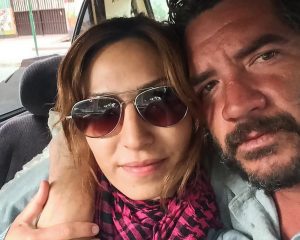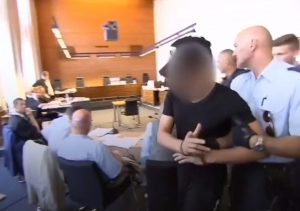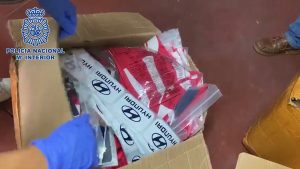A real-life ‘Wolf of Wall Street’ firm based in Portugal has been busted by Interpol after it allegedly scammed victims in Brazil out of GBP 2.5 million.

A former employee spilled the beans on the firm’s inner workings after four suspects were arrested in Portugal and another at an airport in Germany.
One suspect remains on the run.
Speaking anonymously, the ex-worker said: “We always worked wearing a suit and tie to feel like we were really in the financial market.
“They made you feel like you were just like in ‘The Wolf of Wall Street’, so much so that they showed this film during training.”
In ‘The Wolf of Wall Street’, which is based on true events, stockbroker Jordan Belfort, played by Leonardo DiCaprio, earns a fortune through rampant corruption and fraud.
At least 945 people across Brazil fell for the scam – which saw at least BRL 16 million (GBP 2.5 million) moved in just six months – officials revealed.
The former employee said: “When I made a sale, I would ring the bell. Just like in the film.
“They would say, ‘You have to think about yourselves. It’s about your family, you know? The world is far from being a fair place.'”
Police in Brazil began investigating after a couple reported being scammed to the tune of BRL 600,000 (GBP 94,000) last year (2022).
They learned the company operated out of four different addresses in Lisbon, Portugal.
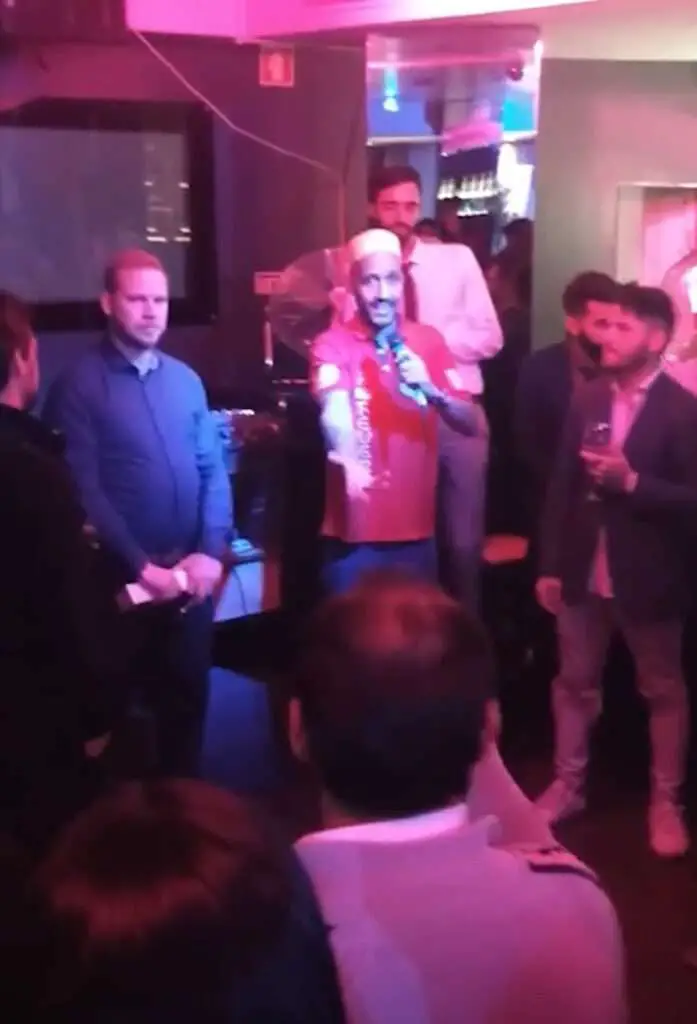
It employed more than 150 people, who were tasked with offering investment opportunities in stocks of large foreign companies on stock exchanges in other countries.
Employees needed to make about 200 calls a day to potential customers and bring in at least four new ‘clients’ every month.
They were told to impersonate stockbrokers and investment specialists, as depicted in the Hollywood classic.
Nearly all of the workers were illegal immigrants, said reports.
Ex-workers told how their main targets were rich families in Brazil.
They would ask them to invest a minimum sum of BRL 200 (GBP 31).
Then, they would be directed towards a fake app that displayed false financial market information.
Made to believe they were beginning to lose money, ‘investors’ were encouraged to put more money in to make up for their losses.
One victim of the scam, who preferred to remain anonymous, told local media: “There were days when they called me six times a day, using terror tactics, saying that I was going to lose that money. ‘How are you going to lose all that money?’
“Then, I took out a large loan margin. I ended up bankrupt. I lost BRL 1,004,000.50 [GBP 158,000].”
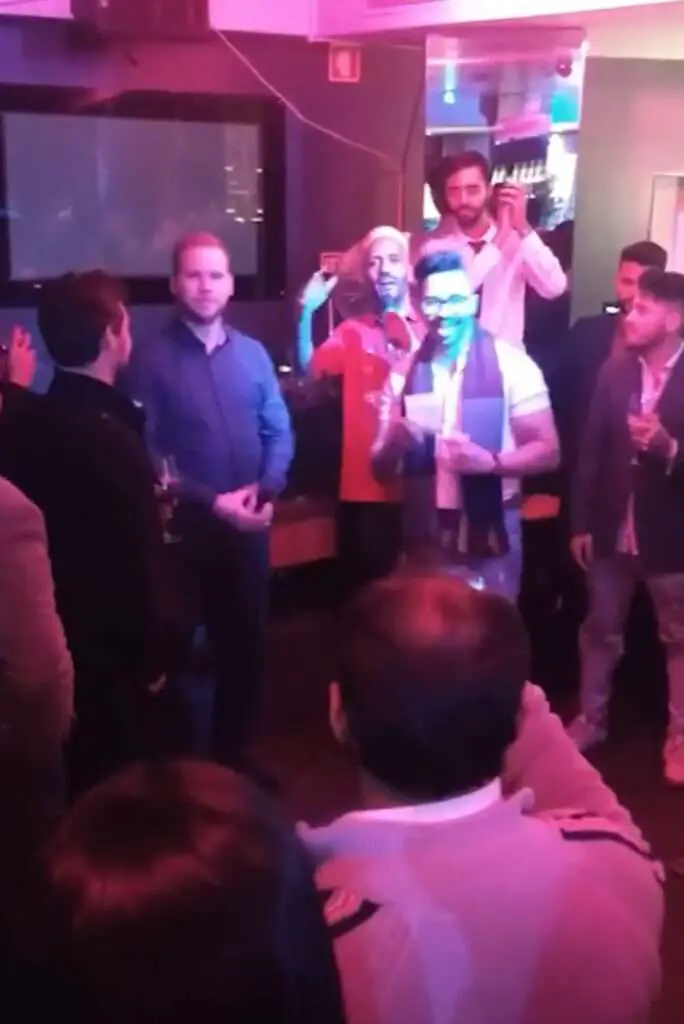
The money obtained was converted to cryptocurrencies in Brazil and then sent to the group’s bosses in Portugal and other countries.
Local authorities teamed up with Interpol to investigate, which led to arrest warrants for a Czech man, three Brazilians, and a Portuguese woman, who allegedly ran the scam.
Czech suspect David Socorro, 32, was arrested at Frankfurt Airport.
Portuguese Immigration and Borders Service agents then arrested the three Brazilian suspects, whose identities are being withheld.
It is believed the Portuguese suspect was also detained.
Authorities in Brazil want them to be extradited to South America.
The suspects face charges of organised crime, money laundering, currency evasion, and electronic fraud, and be jailed for up to 50 years.

